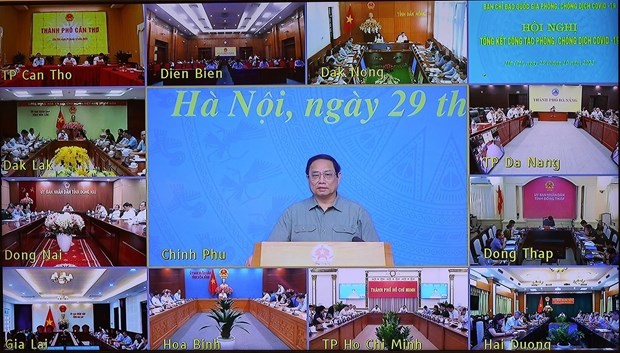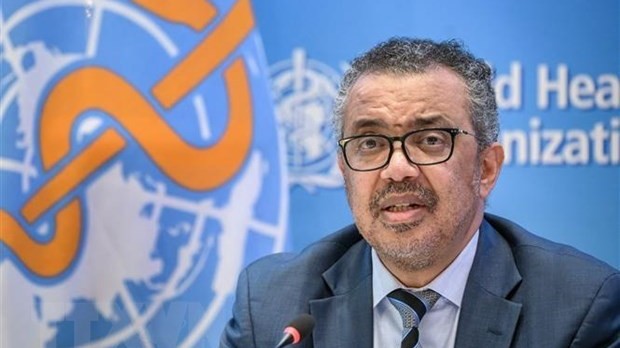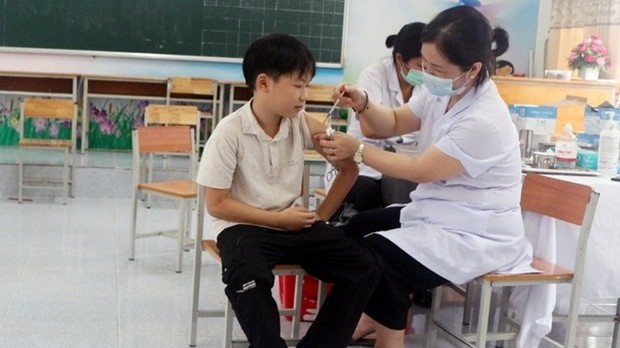
Viet Nam moves towards free COVID-19 vaccinations
Latest
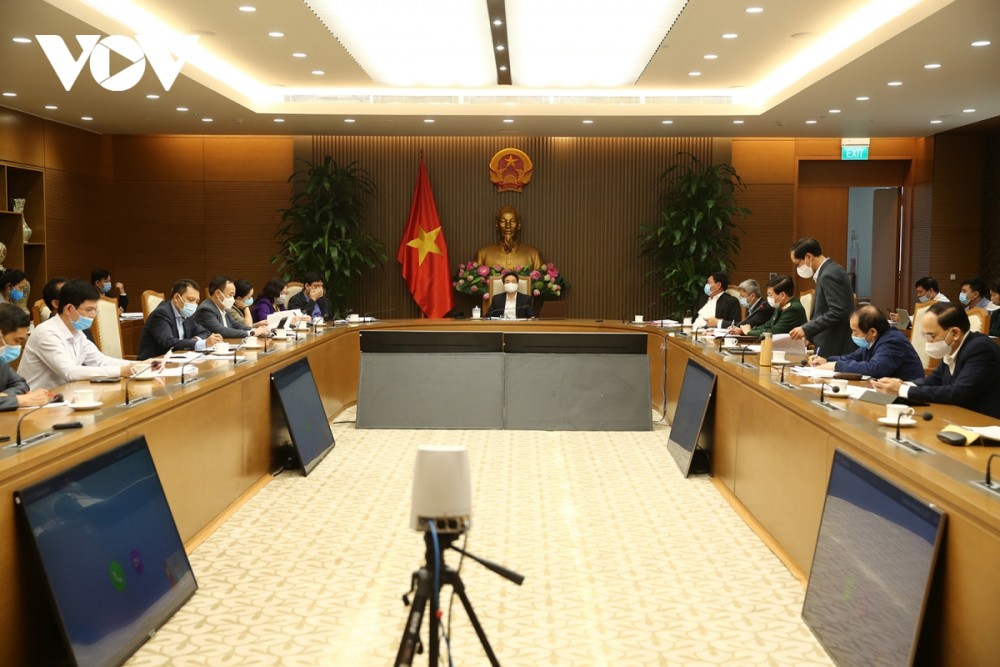 |
| Deputy Prime Minister Vu Duc Dam, head of the National Steering Committee for COVID-19 Prevention and Control chairs the meeting. |
This point of view was widely shared during a meeting held on February 23 in Hanoi among members of the National Steering Committee for COVID-19 Prevention and Control.
Health experts told the meeting that the AstraZeneca vaccine is being imported into the nation and has been pre-assessed by the World Health Organization (WHO). In principle, this means that the vaccine can be injected immediately upon arriving in the country.
However, being injected with the COVID-19 vaccine does not mean health measures can be removed, with people still needing to wear face masks in public. This is the recommendation being made by health experts ahead of the nation receiving its first batch of COVID-19 vaccines, with prioritised groups set to be vaccinated as soon as possible.
In his remarks at the meeting, Deputy Minister of Health Do Xuan Tuyen said that the Ministry of Health is currently in the process of devising a plan from training, spreading relevant information, and making a list of those who will be vaccinated.
For does from the COVAX facility, the global procurement mechanism for the vaccines, more than 4.8 million doses of the COVID-19 vaccine produced by AstraZeneca are set to be delivered by the end of the first quarter and the beginning of the second quarter.
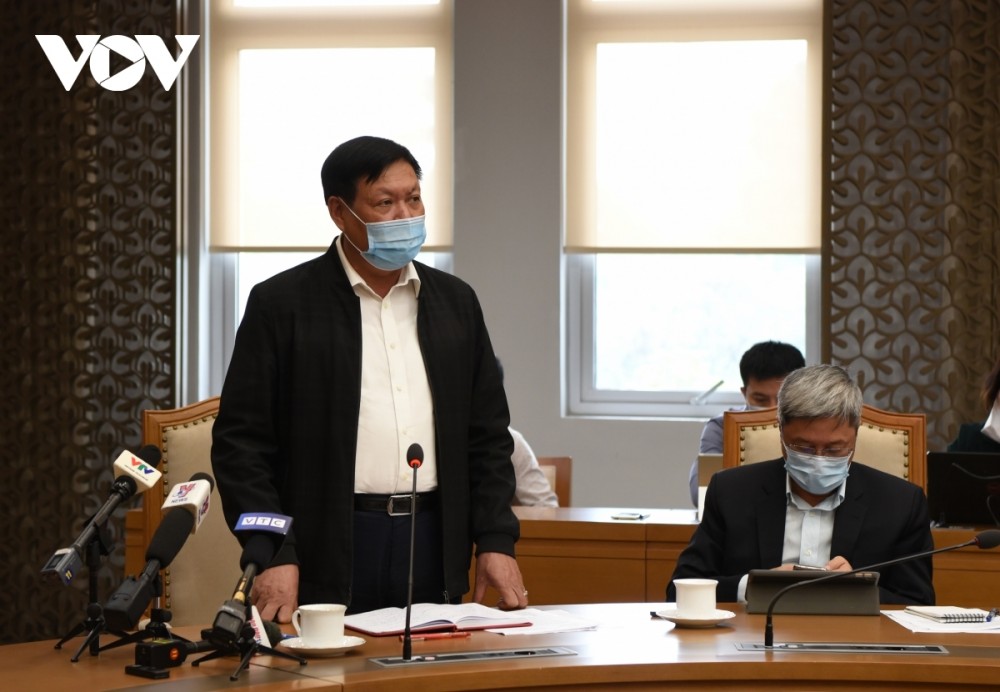 |
| Deputy Minister of Health Do Xuan Tuyen. |
With regard to the ability to cope with complications that may occur when injecting the vaccine, Deputy Minister Tuyen believes the nation is following WHO guidelines and those authorised by international health organisations on evaluating the effectiveness, safety, and doses of the vaccines.
“Vietnam is allowing the import and circulation and deployment of COVID-19 vaccination in emergency conditions to prevent the pandemic. Therefore, the assessment and prediction of possible vaccination complications, as well as the effectiveness of the vaccine, must require the whole working and experience drawing process,” the Deputy Minister stated.
The response and handling of complications that may occur following vaccination are completely within the capability of the health sector, particularly as it has gained a lot of experience in the implementation of the Expanded Programme on Immunization (EPI) over the course of decades, he noted.
Concerning the vaccine, the Steering Committee affirmed that the nation has spared no efforts in securing COVID-19 vaccines, both sourced from abroad and those produced domestically, in order to fully meet the requirements set by the EPI.
The Government is also directing the deployment of domestically-produced COVID-19 vaccines as a means of streamlining administrative procedures, thereby ensuring greater safety and efficiency in both vaccine production and development.
The northern province of Hai Duong – Viet Nam’s biggest COVID-19 epicentre at present – should continue speeding up testing and tracing all possible contacts with confirmed cases, while carrying out flexible screening tests at high-risk areas.
Also at the meeting, Deputy Prime Minister Vu Duc Dam, head of the National Steering Committee for COVID-19 Prevention and Control underlined the need for the northern province of Hai Duong – the country's current biggest COVID-19 epicentre continue accelerating testing and tracing all possible contacts with confirmed cases, while carrying out flexible screening tests at high-risk areas.
He asked Hai Duong to encourage its people who do not live in pandemic-hit areas to wear masks, duly punish those making false health declarations, and intensify response measures at concentrated quarantine areas.




